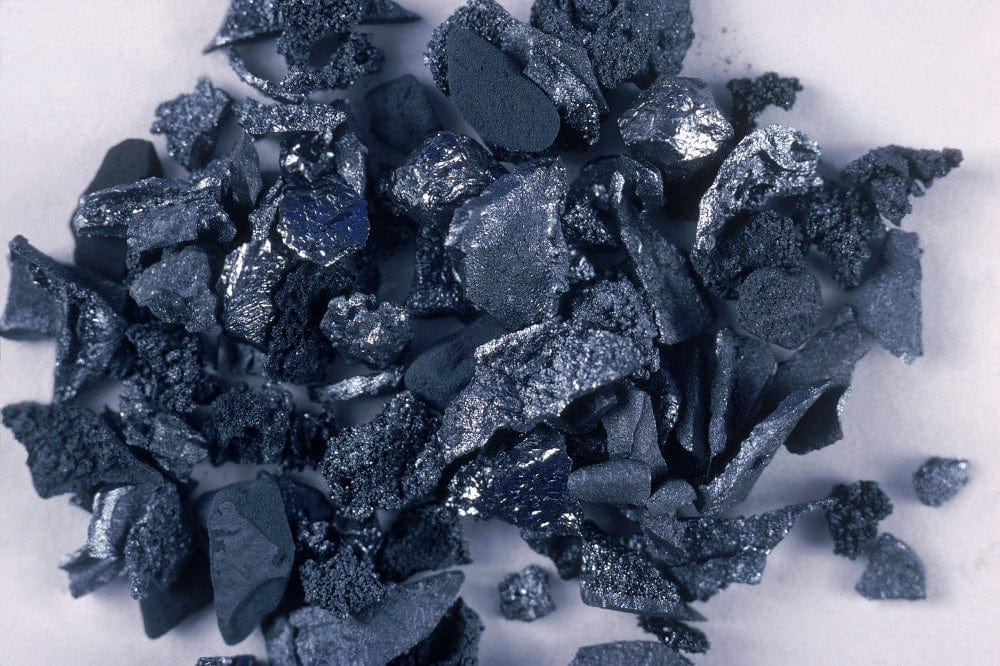Eicosapentaenoic Acid
An omega-3 fatty acid with numerous health advantages is eicosapentaenoic acid (EPA). Oily fish like salmon, mackerel, and sardines naturally contain it. EPA is produced in a lab and used in dietary supplements and food items.


 Rated Excellent by 26,523+ Reviews
Rated Excellent by 26,523+ Reviews